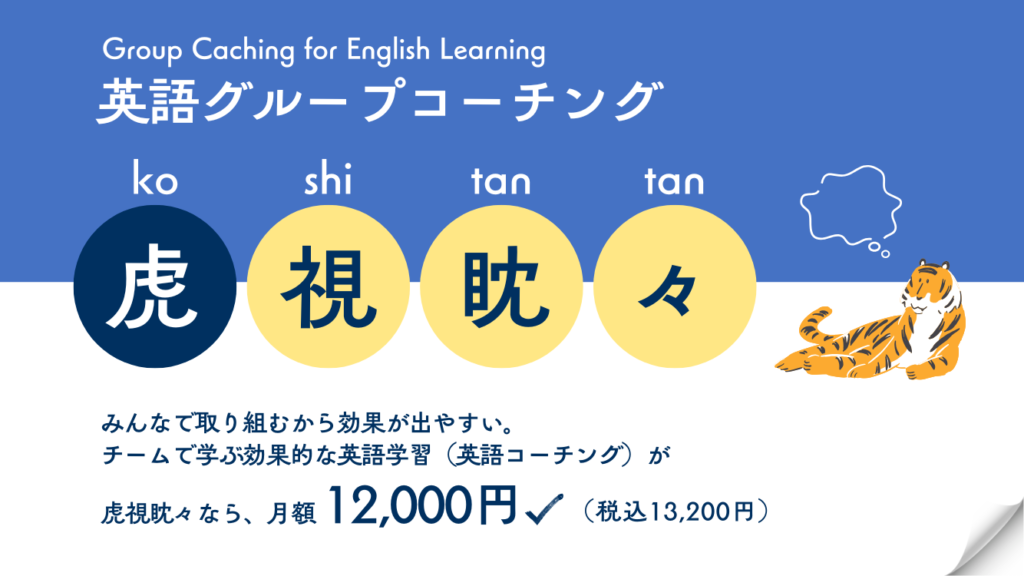
One of the most interesting studies I have seen was about the Dunning-Kruger effect. The effect was originally introduced in a paper* written by Justin Kruger and David Dunning. The study showed that people who have a bad understanding of something think they have a very good understanding of it.
An example from the paper would be a logic test. The study participants were given a test of their logic skills. The study then divided the scores into percentiles. A percentile is a ranking based on the percent of people who do better or worse on a test. For example if someone is in the 82nd percentile then their score is better that 82% of other people.
After the study participants took the logic test they were asked to do a self-assessment, in which they needed to guess what their score was. On their self-assessments, people in the 12th percentile believed they were in the 68th percentile. Even though their score was far below average, they believed that their skills were far above average.
On the other hand, the study found that skilled people underestimate their own skills. People with scores in the 80th percentile believed they were in the 68th percentile. People who scored very high on the test only believed they had an above average score.
I find this interesting because I feel like it applies to a lot of situations in real life. Often people I’ve met who are arrogant are less skilled than people who are humble. Similarly, a lot of people who act smart often don’t understand as much as they think.
When I was an office worker, I could access the error numbers for the members of my team. The woman who had the lowest error rate was very quiet but hard working; she had worked in the job for many years and was a skilled analyst. If someone needed help she would always help them. She was very easy to get along with.
One of our coworkers was the opposite. She often bragged about how good she was at her job but she had the highest error rate in the department. I often needed to work overtime to fix her mistakes. She also bragged that she was fluent in French but I often had to help her read French documents.
These two coworkers really demonstrated the reality of the Dunning-Kruger Effect. People who think they are great and have a lot of skills are often less skilled than people who don’t brag about their abilities.
Nathaniel
Vocabulary
underestimate (v) – to think of (someone or something) as being lower in ability, influence, or value than that person or thing actually is
arrogant (adj.) – believing that you are better or more important than other people
humble (adj) – not proud or not believing that you are important
error (n ) – a mistake, especially one that can cause problems
analyst (n) – someone whose job is to examine the details of a situation carefully, and give their opinion about it
brag (v) – to talk with too much pride about what you have done or what you own
*"Unskilled and Unaware of It: How Difficulties in Recognizing One's Own Incompetence Lead to Inflated Self-Assessments"
英語学習をフルサポート!
マンツーマン&コーチングの英会話教室





















